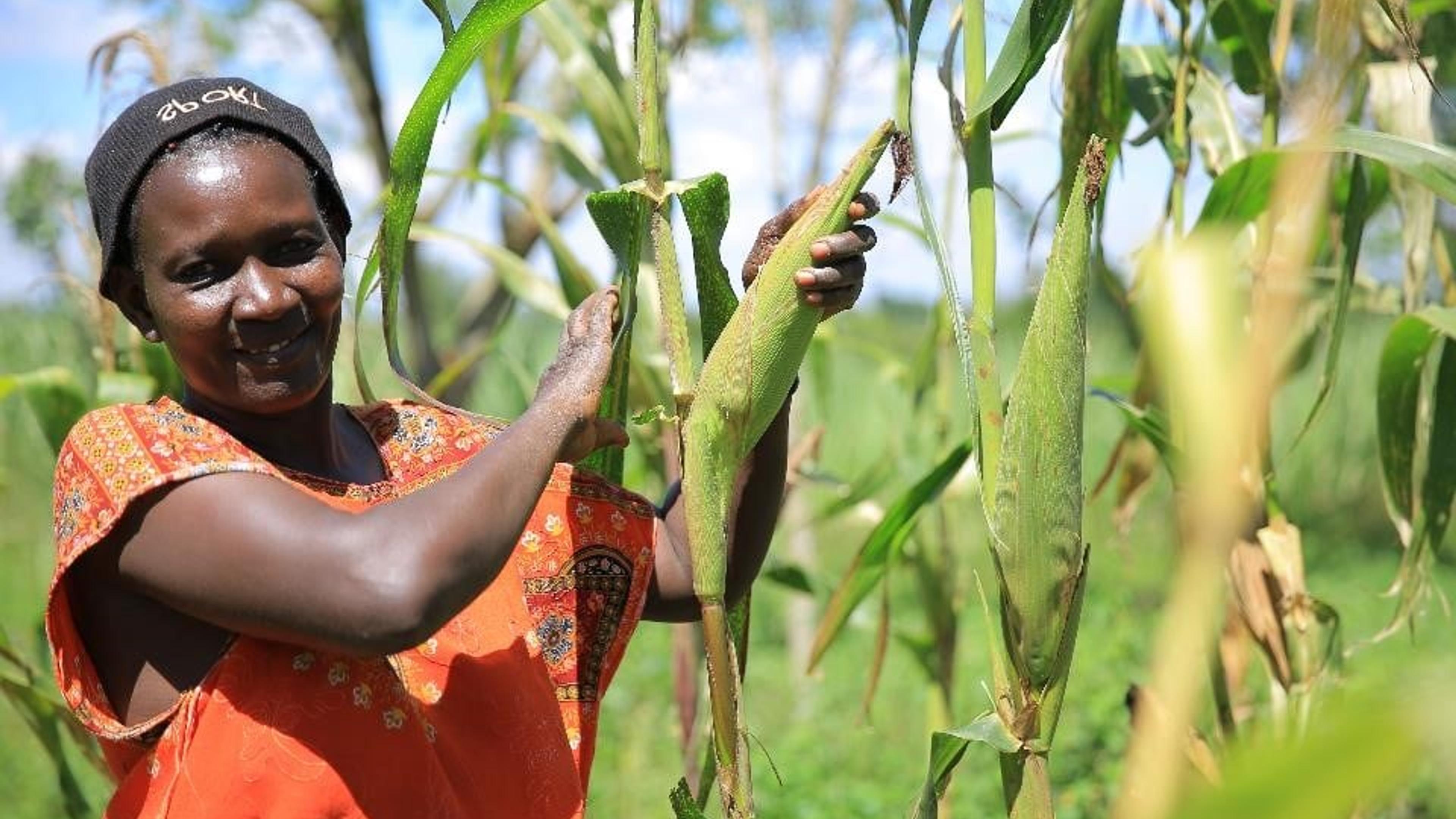Sustainable and affordable energy solutions for refugees in Uganda
 © FAO
© FAOWhat is the humanitarian challenge?
In many refugee contexts there is limited, if any access to affordable, sustainable and clean energy sources to meet daily energy demands. Consequently, refugee and host community households rely on finite and unregulated natural resources as energy sources. The aim of this project is to scale a circular economy model for providing affordable and clean energy to meet the daily domestic and productive energy demand in the refugee-hosting districts of Kiryandongo and Lamwo in Uganda.
What is innovative about this project?
This project will increase the knowledge and availability of alternative sources of energy and new energy-saving technologies, increase household incomes through green job opportunities and establish support services and collection hubs to facilitate cost effective logistics of the supply of energy. Through these activities, the project partners will improve access to clean, sustainable, renewable energy for cooking, lighting and productive uses through a market-based approach.
The project partner, Mandulis, is a developer of renewable energy in emerging markets. Mandulis has successfully piloted its zero-waste circular economy approach to promote self-reliant access to clean energy, supporting 6 000 farmers to develop an energy generation model using agriculture residues sourced from farmers and providing farmers with crop processing services (e.g. drying, cleaning and milling) and cooking fuel alternatives to wood fuel.
By joining with FAO, Mandulis will focus on its core business strategy of producing green energy, while FAO will leverage its expertise in supporting farmer groups in crop production.
What are the expected outcomes?
The project will scale up FAO’s innovative approach to early recovery through building capacities of crisis-affected farmers to adopt climate smart agriculture to enhance their food security, nutrition and resilience. This approach will link with Mandulis’s business model to provide refugee and host community households with access to affordable and reliable energy, alongside agricultural value addition linked to sourcing agricultural crops and residues for clean energy.
If successful, this project will contribute to increase employment, cost-savings in energy expenditures both in time and money, reduce risk of gender-based violence, health benefits from reduced indoor pollution from traditional cooking methods and increased income from increased yields and access to crop processing services.
Who are the project partners?
This project is a partnership between The UN Food and Agriculture Organisation (FAO) and Mandulis Energy and NORCAP.